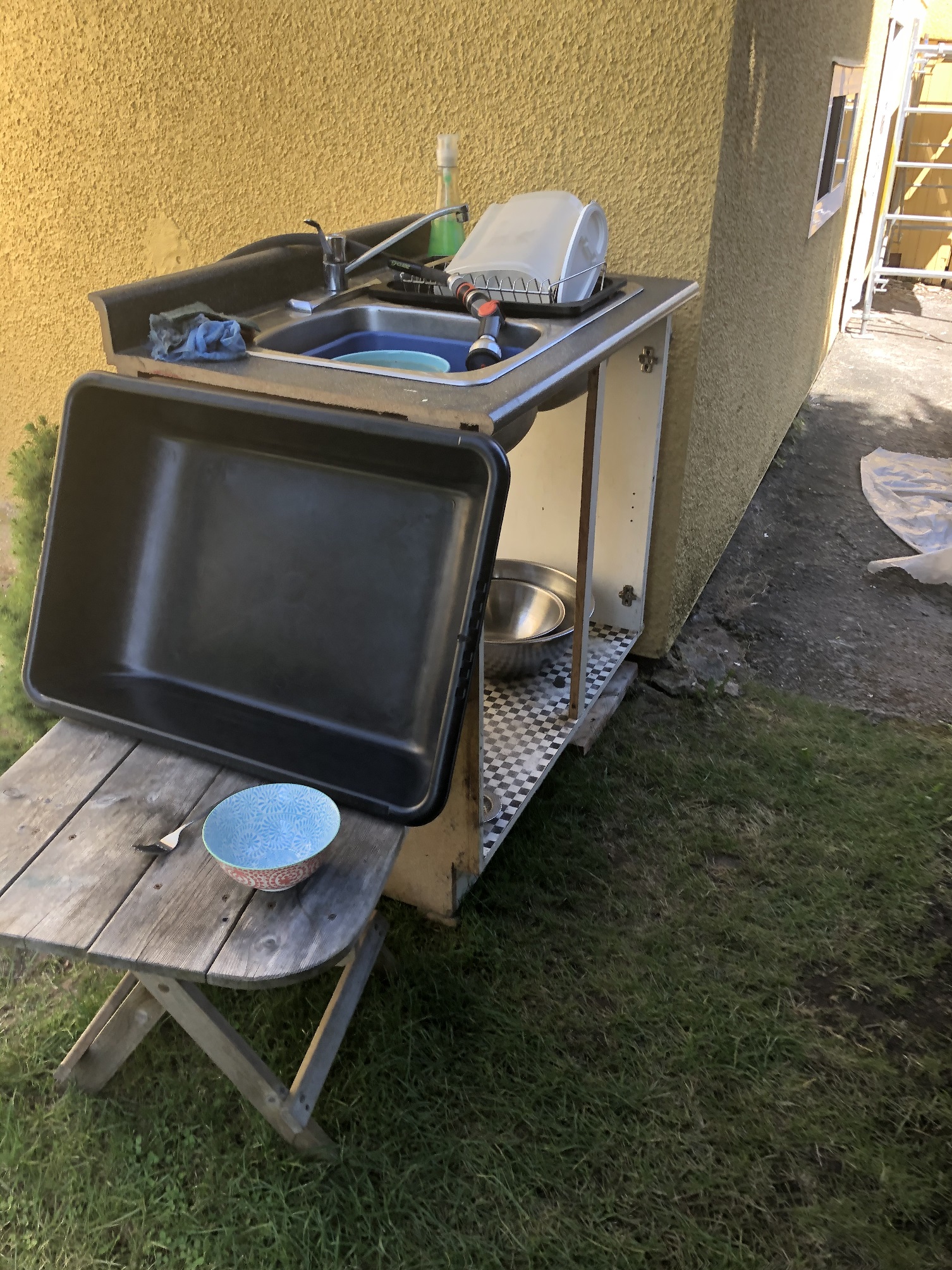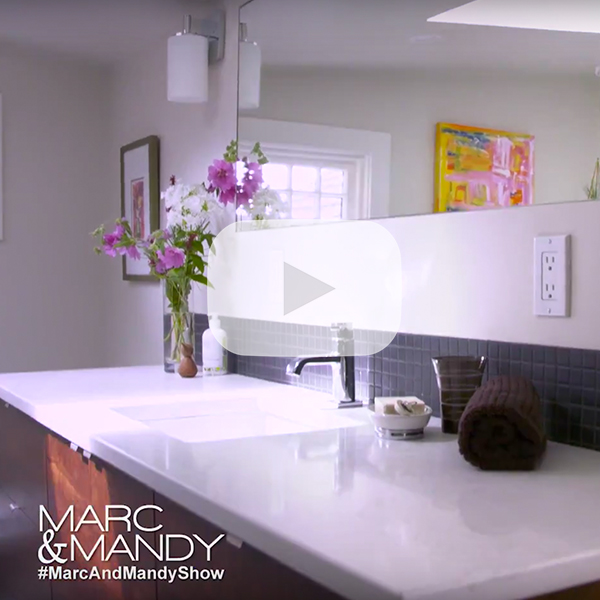As the client you have certain responsibilities too. So what exactly is YOUR role in your renovation?
Move and protect all your personal belongings that are in the work area. Make sure to protect anything in the house that is sensitive to dust, or is an heirloom or cherished item.
Be clear – communicate your vision, your expectations, and any concerns you have, as well as some appreciation for the sweat and efforts of the crew. That goes a long way.
Expect to live through noise, disruption, and a bit of discomfort while the work is going on if you are living on site. Plan to set up temporary kitchens maybe, or even outdoor living spaces, eat out, or get away for the day. View it as another cost of your renovation.

Be prepared to answer questions as things come up. We need your input as things go along as well.
Be sure to make regular site visits to see how things are progressing. That’s the easiest way for a contractor to point and talk about things that need to be figured out along the way.
Let the crew do their job. Make sure that you provide information and feedback, but then stand back and let the people do their work.
Use the appropriate chain of command. If you go straight to the trades people instead of to the contractor, there will be a disconnect between what you asked for, what you got charged, and who signed off on it. This will prevent unpleasant surprises down the road.
Expect extra costs and a longer timeline. It’s normal for scope creep to happen. As one area is renovated, it often shines a light on other areas needing work, that are then added on to the project. These increases in scope have added costs and a time component.
For more information, check out our podcast All Things Renovation at www.AllThingsRenovation.com or click on the Podcast page at www.woodbeart.com. The first series of episodes focuses on hiring a contractor.


